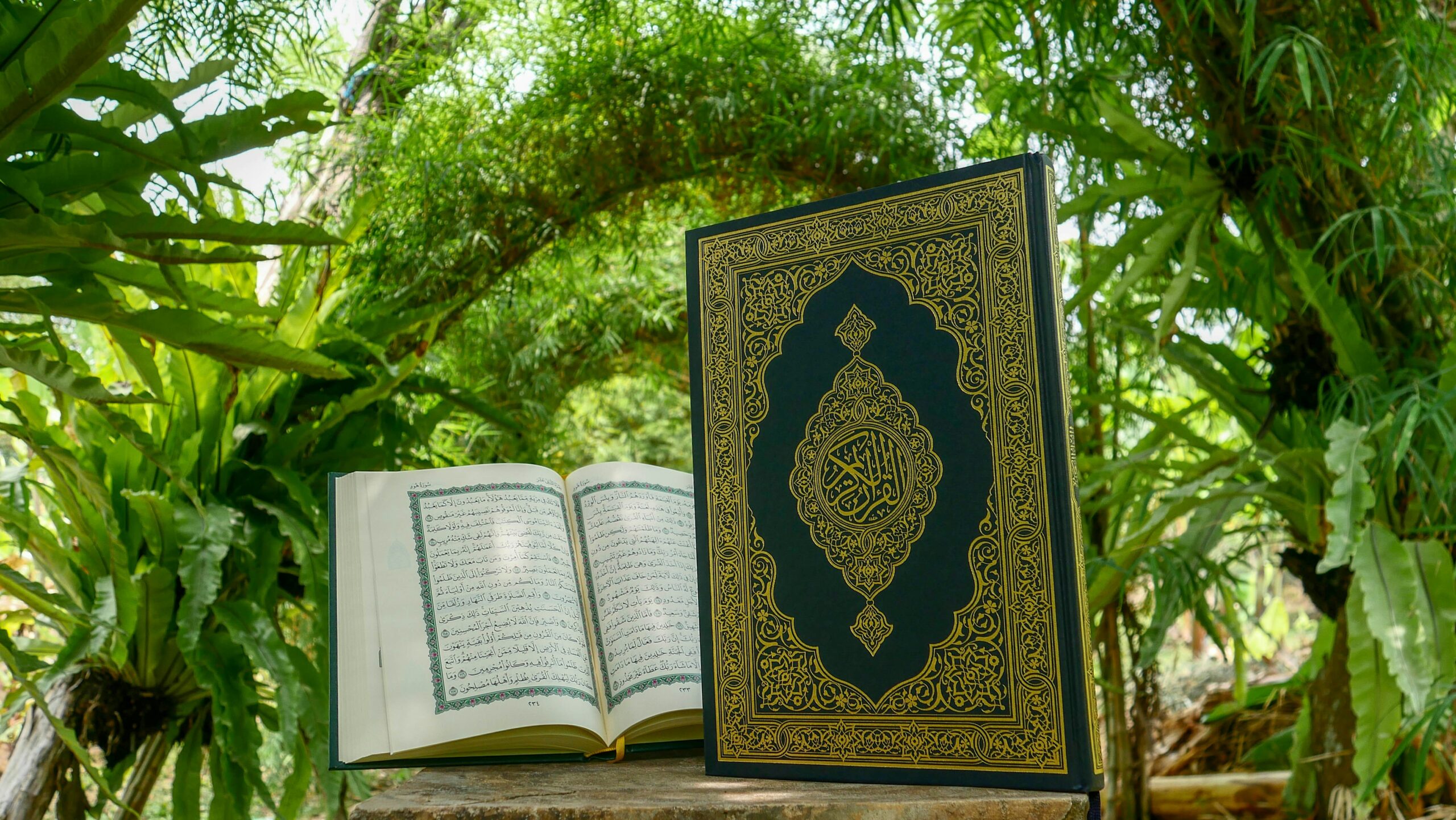In today’s fast-paced and often stressful world, maintaining mental health and developing effective coping strategies are essential for overall well-being. Mental health is not just the absence of illness; it is a state of emotional, psychological, and social well-being that allows individuals to thrive, fulfill their potential, and contribute meaningfully to their communities. From both an Islamic and psychological perspective, taking care of one’s mental health is not only a personal responsibility but also a spiritual obligation. Psychological Perspective on Coping and Mental Health Psychologically, coping refers to the strategies we use to manage stress, challenges, and adversity. Effective coping skills enable us to navigate life’s difficulties, maintain emotional balance, and build resilience. Research shows that individuals with strong coping mechanisms are better equipped to handle stress, maintain healthy relationships, and achieve their goals. Conversely, poor coping skills can lead to feelings of overwhelm, anxiety, and depression, which can negatively impact all areas of life. Coping strategies can be divided into two broad categories: problem-focused coping (addressing the source of stress directly), and emotion-focused coping (managing the emotional response to stress). Both types are important, and a balanced approach often yields the best results. For example, seeking social support, practicing mindfulness (muraqabah), and engaging in physical activity are all evidence-based strategies that promote mental well-being. Islamic Perspective on Coping and Mental Health Islam provides a comprehensive framework for understanding and managing stress, emphasising the importance of faith (iman), patience (sabr), and trust in Allah (tawakkul). The Quran and Sunnah offer profound guidance on coping with life’s challenges, reminding believers that trials are a natural part of life and an opportunity for spiritual growth. Allah says in the Quran: “Indeed, with hardship comes ease” (Quran 94:6).This verse reassures us that no difficulty is insurmountable and that relief is always near. Prayer (salah), remembrance of Allah (dhikr), and seeking guidance from the Quran are powerful forms of religious coping that provide comfort, clarity, and strength. The Prophet Muhammad (peace be upon him) said:“Strangely enough are the affairs of a believer. All his affairs are good for him. If he experiences something pleasing, he is grateful, and that is good for him. And if he comes across some adversity, he is patient, and that is also good for him” (Sahih Muslim). This hadith highlights the importance of gratitude and patience as coping mechanisms, transforming challenges into opportunities for spiritual reward. Islam also emphasises the importance of seeking help and support, both from Allah and from others. The Quran encourages believers to pray: “Our Lord, do not impose blame upon us if we forget or make a mistake. Our Lord, and lay not upon us a burden like that which You laid upon those before us. Our Lord, and burden us not with that which we have no ability to bear. And pardon us, and forgive us, and have mercy upon us” (Quran 2:286). This dua (supplication) reflects the Islamic principle of acknowledging one’s limitations and seeking divine assistance. Integrating Islamic and Psychological Coping Strategies Combining Islamic principles with psychological knowledge can create a holistic approach to coping and mental health. For example, while psychological strategies like problem-solving and relaxation techniques address the practical and emotional aspects of stress, Islamic practices like salah, dhikr, and tawakkul provide spiritual solace and a sense of purpose. Together, these approaches can help individuals build resilience, maintain emotional balance, and find meaning in their struggles. Taking care of your mental health is a vital part of living a balanced and fulfilling life. By integrating effective coping strategies—both general and religious—you can better manage stress, strengthen your resilience, and nurture your well-being. This questionnaire is designed to help you reflect on your current coping skills and identify areas for growth. Remember, seeking help and improving your coping strategies is not a sign of weakness but a step toward becoming the best version of yourself, both in this life and in the Hereafter.





